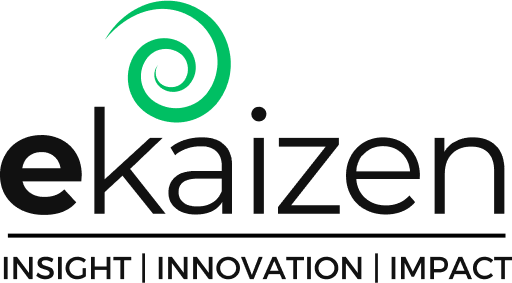
Navigating the AI Tech Stack: Challenges, Opportunities, and Recommendations
In today’s data-driven world, organizations are increasingly turning to AI technologies to gain insights, streamline processes, and stay competitive. However, navigating the AI tech stack comes with its own set of challenges and opportunities. In this blog post, we’ll delve into the key challenges of working with AI tech stacks, explore the pros and cons of AI technologies and plugins, discuss possible opportunities to leverage out-of-the-box AI tools, and make recommendations on effective and easy-to-implement AI tools to improve customer satisfaction, productivity, and reduce costs.
Key Challenges Working with AI Tech Stack
- Data Quality and Availability: One of the primary challenges is ensuring the quality and availability of data. According to a study by Gartner, poor data quality is a common reason for the failure of AI projects. Elon Musk, CEO of Tesla and SpaceX, once stated, “AI is only as good as the data you feed it.”
- Ethical and Bias Concerns: AI systems can perpetuate biases present in the data they are trained on. Warren Buffet has warned about the ethical implications of AI, emphasizing the importance of ensuring fairness and transparency in AI algorithms.
- Complexity and Integration: Integrating AI technologies into existing systems can be complex and time-consuming. Jeff Bezos, founder of Amazon, has highlighted the challenge of managing complexity in AI systems, urging organizations to focus on simplicity and scalability.
- Talent Shortage: There is a shortage of skilled professionals capable of developing and implementing AI solutions. Satya Nadella, CEO of Microsoft, has emphasized the need for upskilling and reskilling the workforce to meet the growing demand for AI expertise.
Pros and Cons of AI Technologies and Plugins
Pros
- Automation of repetitive tasks
- Enhanced decision-making Capabilities
- Improved efficiency and productivity
Cons
- High initial investment
- Ethical concerns and biases
- Integration challenges
Opportunities with Out-of-the-Box AI tools
Out-of-the-box AI tools offer serveral opportunities for organizations:
- Rapid implementation
- Lower upfront costs
- Access to advanced AI capabilities without requiring deep technical expertise.
Recommendations for Effective AI Tools
- Chatbots for Customer Service: Implementing AI-powered chatbots can improve customer satisfaction by providing instant support and resolving queries round the clock. According to a report by Oracle, 80% of businesses plan to use chatbots by 2024.
- Predictive Analytics for Decision Making: Leveraging predictive analytics tools can help organizations make data-driven decisions, optimize processes, and identify trends and patterns. McKinsey estimates that predictive analytics could generate $1.2 trillion in value annually across various industries.
- Natural Language Processing (NLP) for Text Analysis: NLP tools enable organizations to extract insights from unstructured text data, such as customer reviews, social media posts, and emails. By understanding customer sentiments and feedback, organizations can tailor their products and services accordingly.
In conclusion, while there are challenges associated with working with AI tech stacks, there are also significant opportunities for organizations to leverage AI technologies for competitive advantage. By addressing data quality issues, ethical concerns, and talent shortages, and adopting effective AI tools, organizations can unlock the full potential of AI to drive innovation, improve customer satisfaction, and achieve business objectives.
References:
- Gartner. (2021). “Gartner Survey Shows 53% of Organizations Have No Plans to Purchase Cybersecurity Awareness Training.”
- McKinsey & Company. (2022). “How Predictive Analytics Drives Value.”
- Oracle. (2023). “Chatbots: The Ultimate Guide to Implementing Chatbots in 2023.”
- Musk, E. (2018). Twitter post.
- Bezos, J. (2016). Letter to Amazon shareholders.
- Buffett, W. (2020). CNBC interview.
- Nadella, S. (2021). Microsoft Build keynote.



